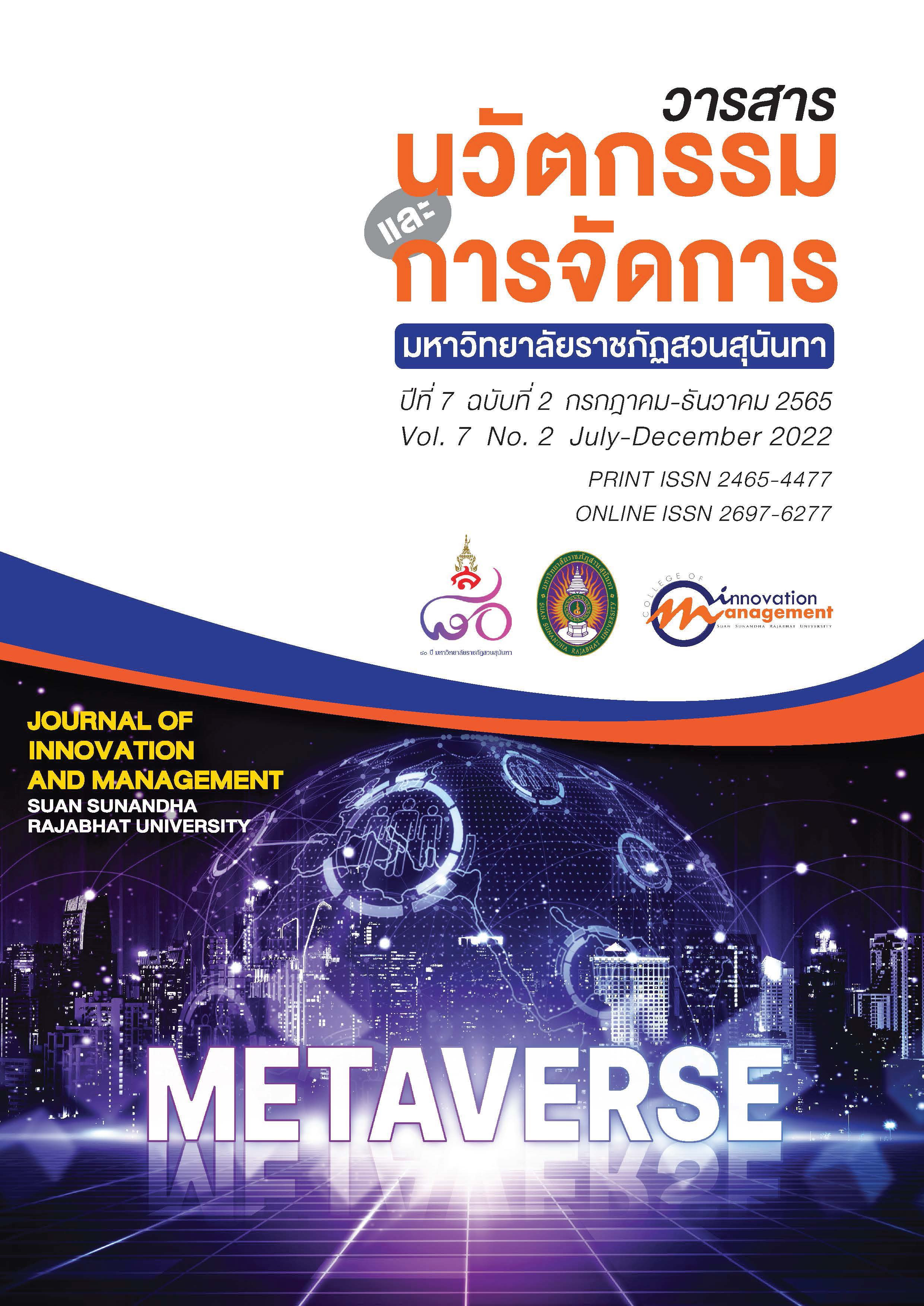Student Political Movement, Year 2020
Keywords:
Political Movements, People's Party 2020, Justice, EqualityAbstract
The objectives of this research study were to (1) study the factors that caused the students' political movements (2) to study the characteristics of political movements, and (3) to study the political impact of the political movements of the students. This was a qualitative research to find out truth from the event realistic environment. The results showed that factors that cause students to become political movements that came from political rallying, such as a group of friends, a channel for accessing information in the digital era, having a modern technology system. The characteristics of the student process students in political activism found that the appearance of the assembly structure form, there is no main vocal. The rally style will not settle down for long. The nature of the political movement focuses on peaceful means and civil disobedience in opposition to state power. The rally's goals are profound and sharp, aiming at changing the political power structure in accordance with the democratic regime of the monarchy. And the political impact from the political movement of the students found that the impact on the monarchy. It has been criticized in the public space like never before afects the legislative institutions that lack credibility. Administrative institutions that are seen as lacking in legitimacy because it uses a parliamentary mechanism that is inconsistent with democracy and affect the judicial process in discrimination affecting independent organizations that are seen as supporting authoritarian dictatorships including affecting the conflict of ideas between different generations. Also known as Generation Gap, which has a different mindset in politics.
References
Almond, G. A. (1956). Comparative Political System. Journal of Politic, 18(3), 391-409.
Chittrutta, C. (2016). Pyramid culture and democratization. 2nd ed. Bangkok: Chulalongkorn University Press. (in Thai)
Matichon online. (March 13, 2020). Di Phayao, speeches against the government's failure, puts a mob down the road. [Online]. Retrieved from: https://www.matichon.co.th/politics/ news_2622442). (in Thai)
Pintabtang, P. (2009). The framework of political analysis in social movement theory. Chiang Mai: Heinrich Bell Foundation, Southeast Region Office. (in Thai)
Chumphon, P. (2004). Political system: an introduction. Bangkok: Press, Chulalongkorn University. (in Thai)
Pye, Lucian. (1962). Politics, Personality, and Nation Building: Burma’s Search for Identity. New Haven: Yale University Press. (in Thai)
Seksan Prasertkul. (2009). People's Politics in Thai Democracy, 2nd edition. Bangkok: Language. (in Thai)
Thai Post Online. (2020, 24 March). Consultant Brain Petch dissected who wrote the script forNong Mind until he was notified of the arrest of M.112, Speech 24 March. (in Thai)
Wichitwatchararak, K. (2017). The political awakening of the new generation in Thailand, Journal of Yarnsangvorn Research Institute, 11(1), (January - June 2020). (in Thai)
Downloads
Published
How to Cite
Issue
Section
License
Copyright (c) 2022 Journal of Innovation and Management

This work is licensed under a Creative Commons Attribution-NonCommercial-NoDerivatives 4.0 International License.
See Publication Ethics https://so03.tci-thaijo.org/index.php/journalcim/Ethics






